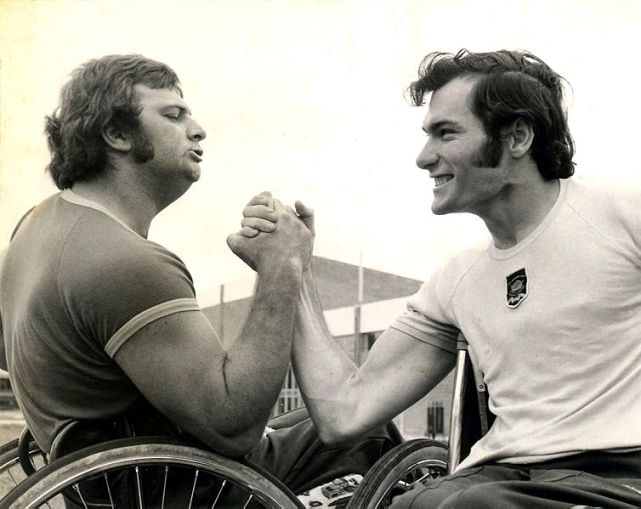Here’s a question: what does “disagreeing agreeably” actually look like?
Waylon H. Lewis (all-around mensch and good noodle leader of Elephant Journal) mentions this premise as a mindful perspective on how to communicate, especially around topics that can be polarizing or might invite strong positions.
The last time you went to a town hall, had a discussion about politics at the local, regional, or national level, or even responded to angry netizens online, was the conversation civil? Did either or both parties have an opportunity to speak about their honest perspective without self-censorship? Was there judgement made before either side spoke—simply because of the title of the meeting or headline of a post?
Even more so, was any space made to potentially say, “both sides of this position are legitimate?”
On a local politics level, the partisan nature of national politics serves as a poor example for our behavior, and one of the big differences is that we know the people we might disagree with locally. They are our neighbors, our friends, they walk our pets, or we house-sit for them while they are away. They have names and families and histories and opinions, and those opinions might be different than ours.
They are not our enemies though, and yet so much of our civic engagement pits people against each other in such ways.
What can we (and I do mean an all-inclusive, royal “we”) do?
So much of our interaction design is adversarial. There are only two parties in an election. We either “approve” or “disapprove” a development proposal. We are either “for” wildlife or “against” it. Such dialectics are a disservice to the realities we face. These topics are multifaceted and complicated, and each side has valid points that are worth consideration, that might improve or inform the final outcome, and being “against” anything should not mean that we simply dismiss this value. And yet we do. So often, we do.
This is one perspective for what it might mean to really disagree, agreeably. We can recognize the tensions of two or more perspectives of an issue and understand that it is okay to not “solve” these issues, but work with their presence. This tension is, in fact, healthy when it can keep one perspective from becoming too essentialized.
It is hard enough to have these kinds of discussions face-to-face, but a real challenge is: what might this look like if it happened online?
My graduate school research is in this very topic, and I and other outstanding folks are currently working with BoulderTalks, a program at CU-Boulder and the City of Boulder, to test a new way of engaging each other online.
To demonstrate how different this might be, we’re not even starting this discussion about a project, development, policy, or some other issue. We’re starting the discussion to ask the community to share their thoughts on what might improve listening in the community, help build trust in the community, and how we as people might collaborate more.
We want to talk about these issues, and we want to hear different perspectives. Mine is not the only viewpoint, and I do not have the answers. Collective wisdom requires a collective engagement, and we are hoping to facilitate that.
In this video, a local favorite human of ours at Elephant Journal and owner of Innisfree Poetry Bookstore and Cafe, Brian Buckley, is talking with Brenda Ritenour from the City of Boulder, and he asked many of the inherent questions I would want to ask about this program.
Why is it different? How does it affect me? What could we gain through this?
If you are interested in new ideas for public engagement, and most specifically within the city of Boulder, please check out our new beheardboulder website and share your thoughts.
Consider how many times each and every day we should be eager to disagree—because it opens us up to a new idea or a new perspective, which enriches our own experience and understanding. How fortunate would we be to find a place online to disagree, agreeably?
~
Author’s note: By the way, Innisfree Poetry Bookstore & Cafe is one of only three poetry bookstores in the country, and they’ve been carrying Waylon Lewis’ book Things I Would Like To Do With You since it was first published! Check them, and Waylon’s book, out!
~
Author: Bill Shrum
Image: Wikimedia Commons
Editor: Catherine Monkman
Copy & Social Editor: Yoli Ramazzina









Read 1 comment and reply